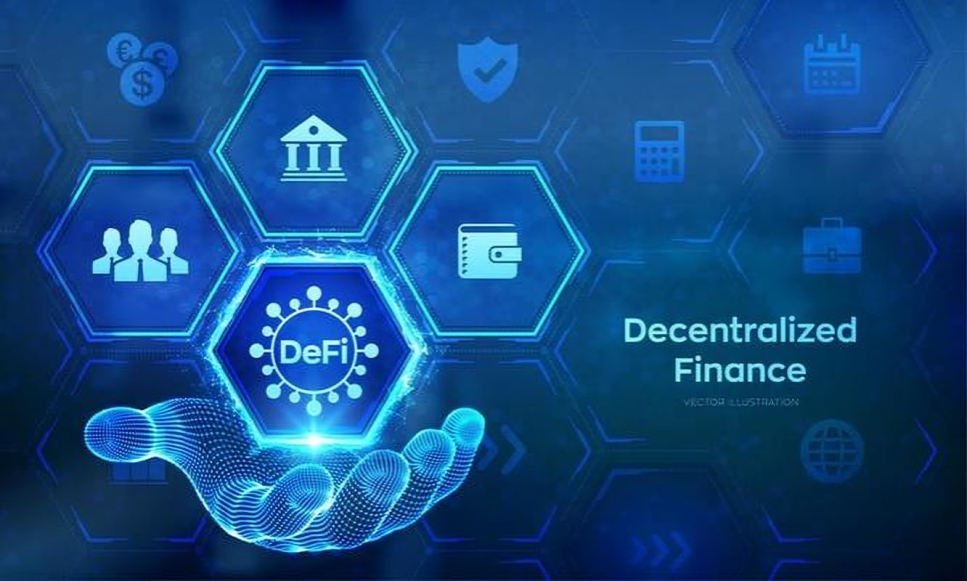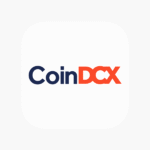-
Introduction: The Disruption We Never Saw Coming
The traditional credit and lending industry has long been ruled by banks, bureaucracy, and balance sheets. But in the past decade, a tsunami of innovation has begun to reshape the very core of how credit is issued, assessed, and managed. At the heart of this transformation lies the dynamic trio: Blockchain, FinTech, and Next-Gen Credit Solutions.
This blog dives deep into how these technologies are shaking up the credit landscape — from democratizing loans to reducing fraud, accelerating approvals, and opening up access to previously unbanked populations. Let’s break it all down.
-
Understanding the Traditional Credit System: What Was Broken?
🔸 Heavy Reliance on Centralized Intermediaries
Traditional credit systems depend heavily on banks, credit rating agencies, and financial institutions as central authorities. They act as the gatekeepers of credit distribution, which makes the process slow, rigid, and often unfair. Consumers have to trust centralized bodies with their financial data, which is often opaque and error-prone.
🔸 Lack of Inclusion
Billions of people globally are unbanked or underbanked — meaning they don’t have access to traditional financial services or sufficient credit history. This creates an exclusive ecosystem where only the privileged get loans or favorable interest rates.
🔸 Manual and Bureaucratic Processes
Loan approval and credit evaluation processes involve lengthy paperwork, risk analysis by humans, and delays that can take days or even weeks. Add to that a high possibility of human bias and outdated data models.
-
Enter FinTech: The First Wave of Disruption
FinTech (short for Financial Technology) refers to any tech innovation that transforms the delivery and usage of financial services. FinTech startups reimagined what lending and credit could be — fast, data-driven, and user-focused.
🔸 Digital Lending Platforms
Apps like LendingClub, Upstart, and India’s PaySense or KreditBee allow users to apply for loans online within minutes. These platforms use alternative data — such as utility bills, mobile usage, and social media behavior — to evaluate creditworthiness beyond just a CIBIL score.
🔸 AI-Driven Risk Models
Instead of old-school credit reports, FinTech lenders use AI and machine learning to process vast amounts of real-time data and predict borrower behavior. This enables better risk prediction and lower default rates.
🔸 BNPL (Buy Now Pay Later) Explosion
Companies like Affirm, Afterpay, and LazyPay exploded by offering instant micro-credit for purchases. They bypassed traditional underwriting and relied on behavioral data to offer short-term loans with flexible repayment terms — especially popular among Gen Z consumers.
-
Blockchain: The Game-Changer for Credit Infrastructure
While FinTech streamlined front-end services, Blockchain is transforming the very backend — the infrastructure on which financial transactions are recorded, secured, and verified.
🔸 Decentralized Credit Systems
Blockchain enables the creation of Decentralized Finance (DeFi) protocols — platforms where lending and borrowing happen without banks. Smart contracts automatically execute lending agreements, interest payouts, and repayments — all transparently recorded on the blockchain.
🔸 Immutable Credit Histories
With blockchain, a borrower’s credit history can be securely stored and updated in real-time across a distributed ledger. This history is tamper-proof, global, and transparent, making it more reliable than a centralized credit bureau.
🔸 Tokenized Lending & Collateralization
Borrowers can stake crypto assets (like Ethereum or stablecoins) as collateral to take loans in other tokens. This eliminates the need for human approval while still ensuring repayment security.
-
How Blockchain + FinTech Are Creating New Credit Solutions
🔸 Peer-to-Peer (P2P) Lending 2.0
Old-school P2P lending had risks — default, fraud, and lack of regulation. Now, DeFi-based P2P lending platforms like Aave, Compound, and MakerDAO allow anonymous yet secure lending using smart contracts. Lenders earn interest automatically, and borrowers get instant access to funds.
🔸 Cross-Border Microloans
Blockchain enables borderless lending. Someone in Germany can lend $500 to a farmer in India using stablecoins, without involving Western Union or local banks. Platforms like Kiva Protocol aim to build such global micro-credit ecosystems.
🔸 Credit NFTs & Digital Identities
Innovators are exploring NFT-based credit identities, where borrowers’ reputations are recorded on-chain. This digital credit passport can be used across lending platforms and borders — potentially replacing outdated credit bureau models.
-
Benefits of This New Era of Credit
🔸 Financial Inclusion
The combo of Blockchain and FinTech is bringing credit access to people who were previously invisible to banks — like gig workers, rural populations, and the self-employed. A digital trail and blockchain identity can help them build a credit score from scratch.
🔸 Faster and Cheaper Credit Processing
Loans can now be approved in minutes, not days, and with minimal paperwork. Smart contracts eliminate middlemen, reducing costs for both lenders and borrowers.
🔸 Greater Transparency and Reduced Fraud
Blockchain’s open ledger means every transaction is traceable, reducing the chances of tampering or loan stacking (where people take multiple loans from different lenders at once and disappear).
-
Challenges Ahead: Not All That Glitters is Gold
🔸 Lack of Regulation in DeFi
While decentralization is powerful, it also brings chaos. Many DeFi lending platforms are vulnerable to hacks, rug-pulls, or code bugs. Regulatory frameworks are still struggling to catch up, leading to major trust issues.
🔸 Crypto Volatility
Collateralized crypto loans face major challenges due to the volatile nature of crypto assets. A 20% market dip could trigger massive liquidations unless protocols are built with strong guardrails.
🔸 Digital Literacy Gap
A large portion of the population still doesn’t fully understand blockchain, wallets, or even FinTech lending tools. Education and onboarding remain major hurdles in scaling these systems.
-
The Road Ahead: What the Future Holds
🔸 CBDCs (Central Bank Digital Currencies)
Governments are entering the game. India’s RBI, China’s PBoC, and others are working on digital currencies which could eventually merge with private FinTech infrastructure to offer smoother, secure, and universal lending.
🔸 AI + Blockchain for Smarter Lending
Imagine a future where AI scores your credit risk in seconds, and a blockchain smart contract instantly disburses your loan — fully automated, highly accurate, and totally fair. This isn’t fantasy — startups are already piloting these models.
🔸 Embedded Credit in Everyday Apps
From Instagram shops offering “Pay Later” to Amazon embedding loans into their checkout flows — credit is becoming invisible and integrated. Blockchain ensures backend security, while FinTech makes front-end seamless.
-
Conclusion: The New Age of Credit is Here
We’re no longer in the era where you wait for your bank manager’s approval to get a loan. Credit in 2025 and beyond is digital, decentralized, and democratized. Blockchain is the trust layer, FinTech is the innovation engine, and together they are rewriting the rules of credit.
For individuals and businesses alike, the message is clear: Learn the tech, embrace the change, or get left behind.




